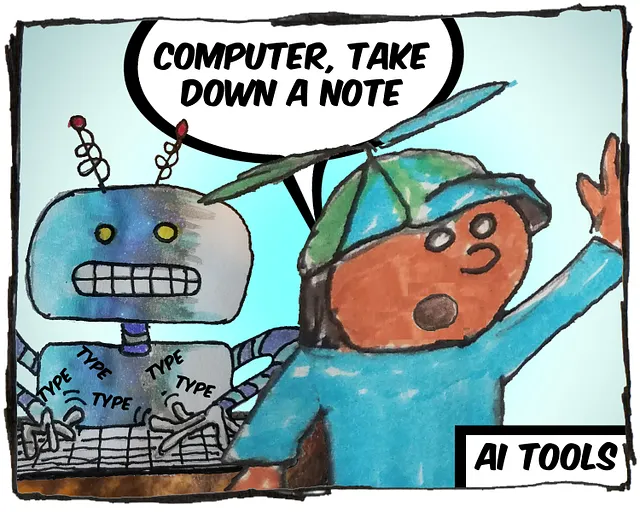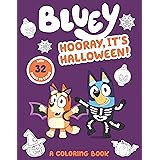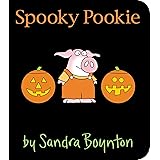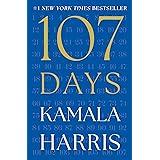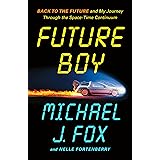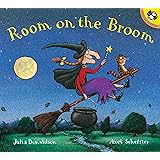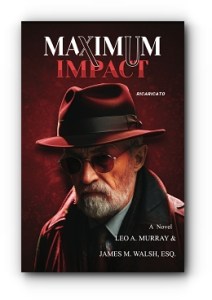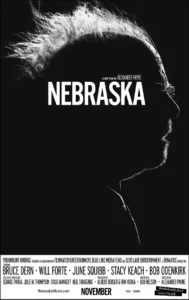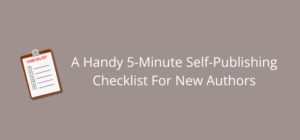Unlock the Secret to Effortless Writing: How AI Boosts Your Efficiency Without Saying a Word

THE RECKLESS WRITER
Smart transcriptions are one of the best ways to harvest your inspiration
If it wasn’t for spellcheck, I never would have graduated from college. It makes so much sense to have a machine review your text and check for spelling errors. Even so, the first time I used the tool I couldn’t help but feel that I was cheating.
“Shouldn’t I be learning how to spell all these words myself?” I thought. “Doesn’t this final paper reflect a greater competency than I actually possess?”
Prior to spellcheck, we relied on proofreaders. I don’t recall ever feeling that it was “cheating” to have another human being leave notes on my work. Perhaps it’s a fundamentally human reaction to harbor suspicion over the contributions of a machine.
These days, we have tools that will generate outlines or complete blocks of text. I don’t like them. In fact, I have a strong aversion to them. I’ve had to deal with enough bot comments over the years that I feel an instinctive rejection for text of non-human origin.
But AI is here and it’s not going anywhere. Fortunately, I have discovered ways to use the tool to harness my inspiration without corrupting the authenticity of my words.
Why I wouldn’t work off an AI outline
Human beings are excellent at drawing a conclusion from a sequence of observations. For me, following that path of discovery is the true attraction of writing. Sometimes an idea lands in my mind and begins to gnaw at me. When I reach out to grab it, the idea dances away. It teases me by going off in random and unexpected directions.
The meandering path you follow to finally capture the idea is the article. When you compose the article, it’s like a map that guides your readers from the same point of inspiration to the final, logical conclusion.
That is the joy of writing.
Why would I ask a machine to create an outline for me? Why should the machine get all the fun?
Besides, machines are entities of pure, cold logic. I feel that true inspiration is warm and alive. A machine can’t make the intuitive leaps that are required to expand human understanding. Therefore, a machine outline is likely to be a path to nowhere.
How smart transcriptions help to harvest inspiration
All writers know that when inspiration strikes, it must be captured. In the past, I used to scribble down a few words on a scrap of paper or send myself an email. Then I’d lose the paper or delete the email and I’d be overcome with grief over the imagined quality of what I had lost.
Every now and then inspiration strikes while I’m sitting at my computer. When that happens, I can write the article there and then. The trick is to capture as much of your inspiration as you can while you’re in the moment.
I’ve found that even if you don’t have the energy to write the whole article, you need to capture as many words as possible. Writing two words in bad handwriting on a scrap of paper is better than nothing, but it’s not as good as producing a page of text where each idea flows into the next.
I don’t like working on cell phone keyboards. Whenever you swipe and get the wrong word, it steals your momentum. You’ve just lost a precious moment of inspiration. Writing by hand is no good because my writing is illegible. Fortunately, I’ve found the ideal solutions.
You can best capture your inspiration by speaking into a voice recorder.
Smart transcribing tools
I experimented with voice recorders twenty years ago, but it wasn’t efficient. It took too long to listen to the recording and transcribe the text, but that’s no longer the case. These days, there are multiple free AI transcribing tools that will turn your voice recordings into neat text.
These tools even break up your text into paragraphs.
In a way, it is a form of text generation. The ideas flow from your mind to the page without you having to type them out. But this is an example of using a smart tool for efficiency. You aren’t asking AI to generate text. Instead, the tool is merely converting your text from one form to another.
The best part is that audio recordings allow you to get into a creative flow. I’m a fast typist, but I can speak a lot faster than I can type. This allows me to maximize my moments of inspiration. Even when I mumble or there is ambient noise, I’m amazed at how accurate the transcriptions are.
Writing an article off the transcription of a voice note is more authentic. It’s more human. It creates a natural flow. But there’s still a lot of work to do.
The transcription is a very rough first draft
Your work is not done once you’ve transcribed a voice note. I find that when I leave a voice note, my mind tends to wander. It’s like exploring a maze. I make wrong turns and go down corridors that wind up at a dead end. Then I have to double back and look for another route.
All of those wrong turns appear in the transcript of the voice note. This is where I have to apply the writing skills I’ve developed over decades. First, I carve out all the missteps and cast them aside. Then I go back and improve the crude language that was sufficient to harvest the idea, but not poetic enough to impress any readers.
Often, I’ll add in a few rhymes as adornments.
By the time I’m done, the finished product bears little resemblance to the original transcript. The ideas are in a different order and the sentences have greater clarity and purpose. The process of transforming your burst of inspiration into a polished article is where you apply your writing skills. But your final product is always improved by the purity of your raw material.
I have more work than I can handle
I have a folder on my desktop that contains sixty transcriptions. I have another folder with around a hundred voice notes that I haven’t had time to process. These all represent the fertile seeds of quality ideas that only need to be refined into articles.
There are mornings when I wake up inspired and sit down to write an article. If I wake up with a different kind of creative energy, I work on one of my voice notes. In fact, it’s often the case that I could write multiple articles off the same voice note.
We often lament the distractions of the digital age, but it is an advantage for writers that we always have our cell phones handy. I can be out walking the dog, or waiting to pick up my food at the drive through. If inspiration strikes, I’m equipped to harvest my thoughts and process them later.
This, to me, represents the distinction between using AI to “cheat” and using AI as an assistant. None of my words have been generated artificially. But I’m grateful for AI tools that improve my efficiency when it comes to harvesting the seeds of inspiration.
Spellcheck never gave me a word. Instead, it recognized what I was trying to say and offered a correction. In the same way, smart transcribers handle the technical aspects, and allow creative people greater freedom to chase after the promise of a revelation.
